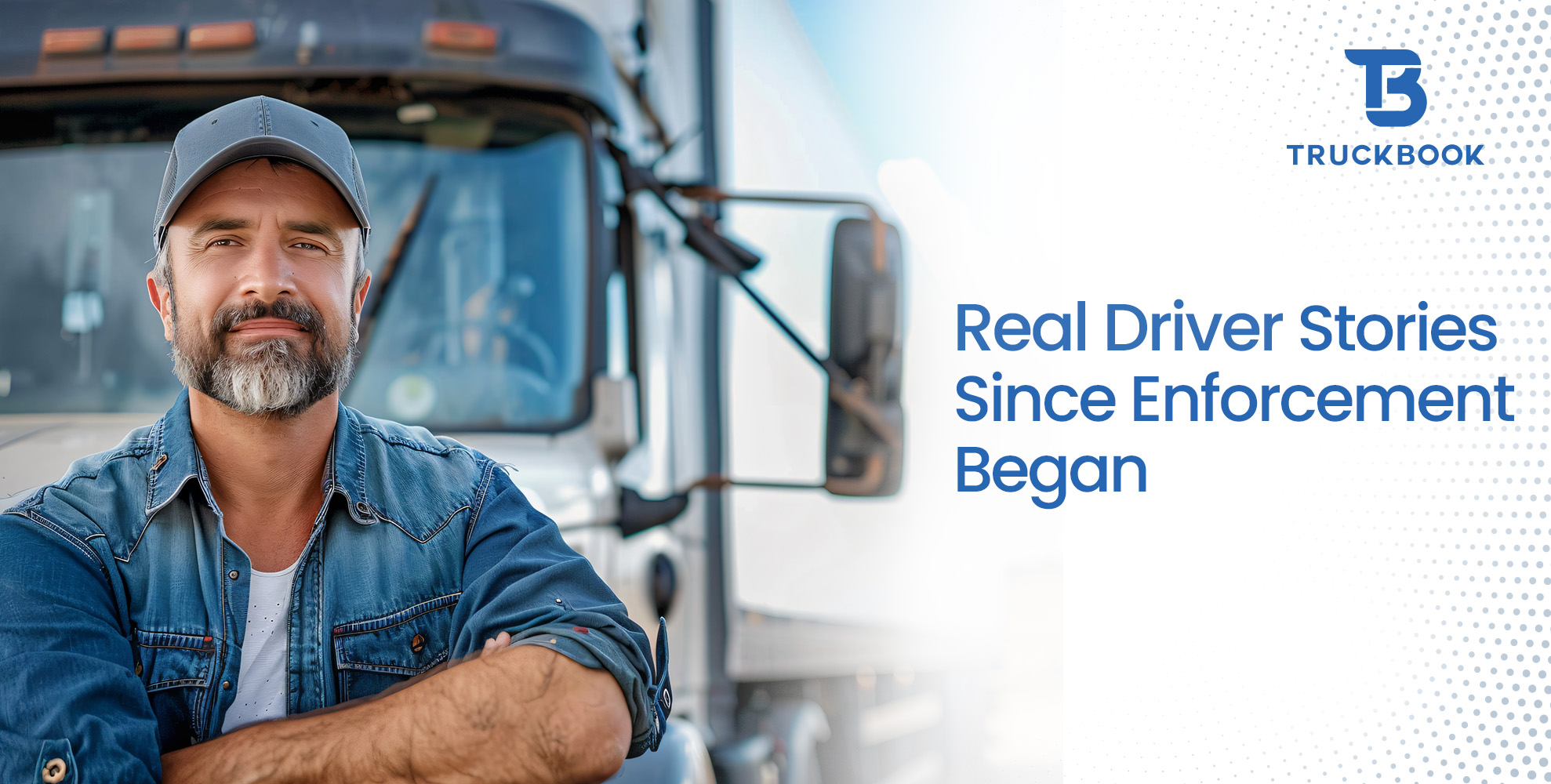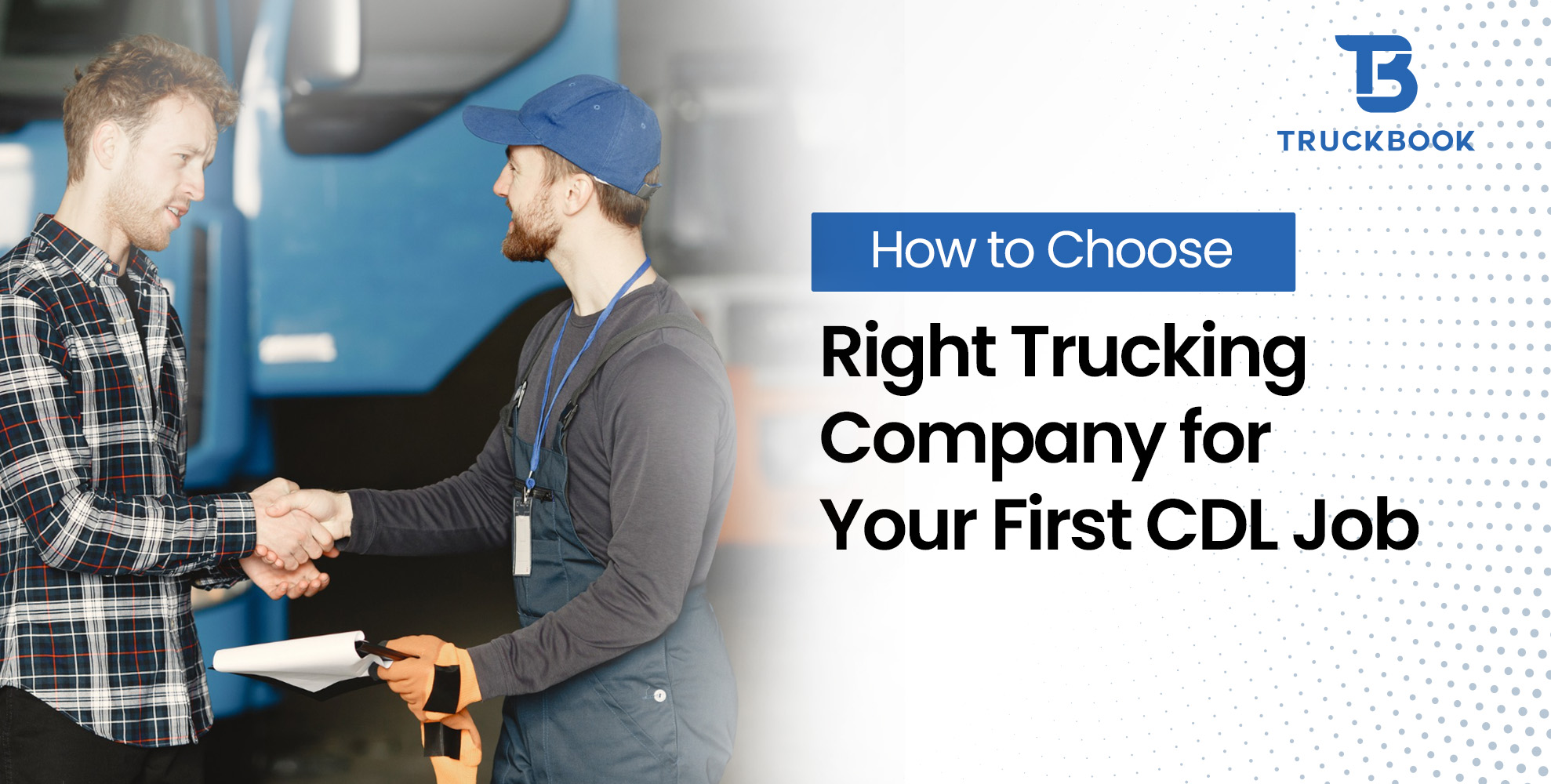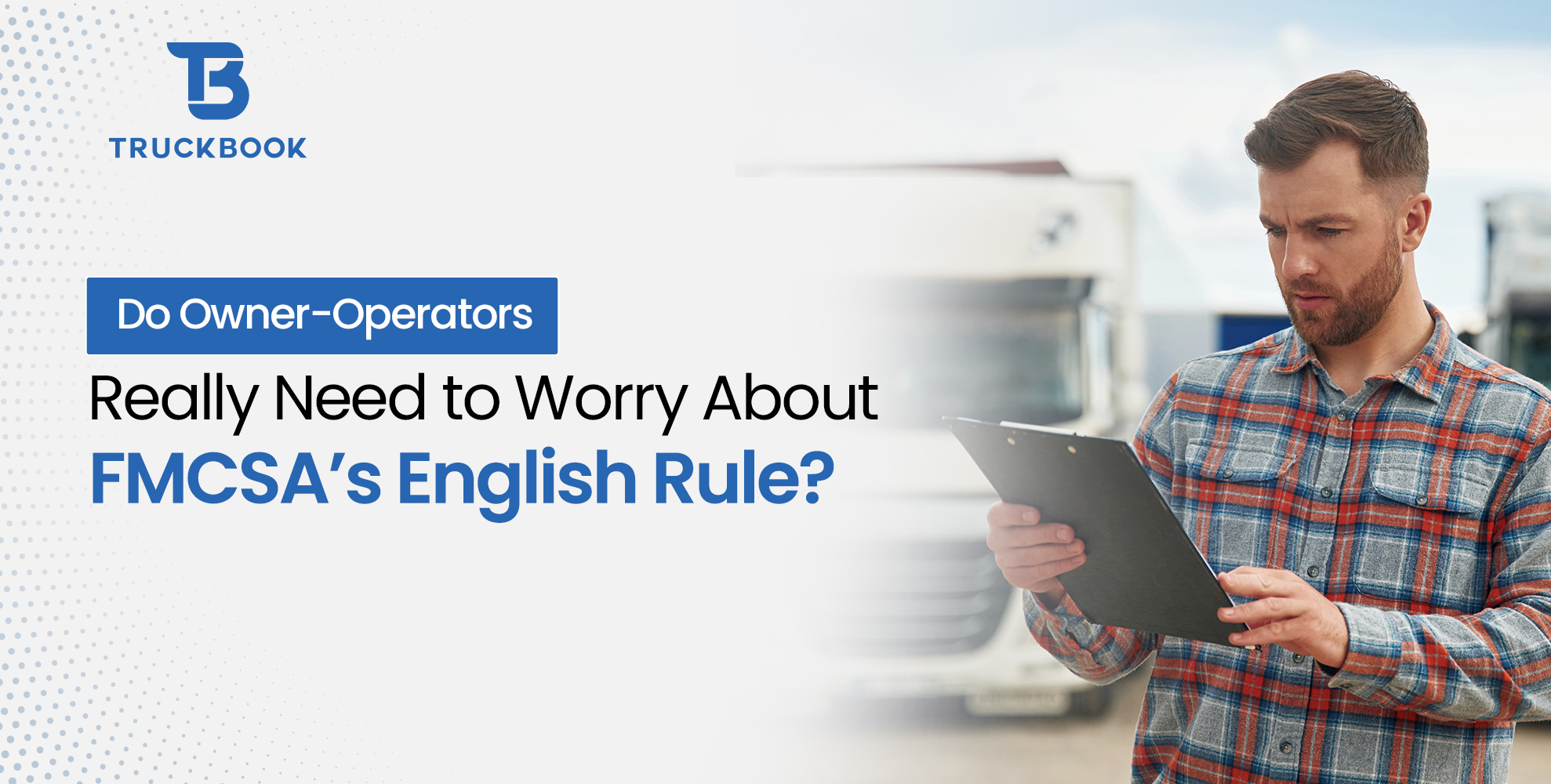Owner Operators often work independently, which gives them more freedom and flexibility than company drivers. Owner Operators run and manage their business themselves.
Most truck drivers are commercial drivers, if we check the ratio one out of nine is independent. The first and foremost thing you need to know before deciding to hit the roads independently or buying anything is that your life will change.
Here are things you need to know before becoming an Owner Operator and jumping into your independent career.
When you are transitioning from the company- Driver to Owner-Operator;
1. Your Responsibility Grows Exponentially
The moment the thought to become an owner-operator comes to your mind, your responsibility grows exponentially. You can’t simply go home, park your truck, and forget about it. You have maintenance to do, and taking care of your truck becomes a part of your life. Looking at different things to keep your business running would be best.
2. Transitions You Need to Look Into
Ask yourself?
- Should you stay with the carriers, you were working for or switch carriers
- Are they going to offer what you need for your business
- Will be able to sustain yourself and make the money you think you are going to make
You need to find yourself a carrier that you are going to work for.
If you are new to the business, start with small carriers.
If you will be doing this a little longer and know a little more, you can probably choose a more prominent carrier that suits you and your business.
3. You Need To Think about Your Truck
How Should I Spec Out My Truck, For The Work I Do?
Are you going to run Midwest, East Coast, Running down, or travel a lot of hills or icy roads? What will you do with your truck? Where will it be going?
So you should start looking at all aspects of the truck, the equipment, and the horsepower. To know that you got the right truck to do what you want to do, because if you don’t, you may not get certain things out of it like fuel mileage. It would be best if you inspected that the truck you choose must be designed for what you want to do and what you will do.
4. Figure Out Your Finance Plan
Your finance plan must be solid. If you don’t have a good credit rating you may have to pay more interest rates. The interest rate is significantly higher for trucks because there is a risk factor. The turnover of trucks that come back in from the guys who don’t make it will owe 100k dollars is much higher.
How long are you planning to have the truck? We suggest you make a 5 years plan and figure out how you will do that. Set it in one place; you can put it on paper and stick to that if you can.
Weather You Buy or Lease A Truck
Get your finances lined up and know in advance are you going to purchase a truck and trail or lease it from a trucking company.
- If you want to purchase your truck, a high credit score, stable work history, and permanent address can help you qualify for a loan with a bank.
- If you are planning to lease you may need to perform work for the company you’re leasing from as part of the lease arrangement.
5. How You Gonna Run Your Business? Sole Proprietorship or Corporation
Investigate both ways and figure out what works best for you. Talk to the people you know.
Don’t try to do your own taxes. Many people in the trucking industry do their own taxes, and they lose so much money every year. Find an accounting firm that specializes in taxes in trucking, Owner Operator, and lease operators. When anything changes or new regulations come, they know they are up to speed.
6. You Are The Owner
The next thing you probably know is when you are the Owner-Operator; you are the first word ‘Owner.’ Ownership comes with responsibility. If the truck breaks down, it’s on you; you have to pay big bills. No company will pay for it; it must come from your pocket.
The biggest pitfalls are repairs:
Never push your truck beyond the limit. If your truck is built to do this and this, never add another this and this to it. Always investigate the cost of repairs from the people you know from the trucking industry. They can give you firsthand information about what you can experience as an owner-operator from their own experiences.
Tips to Reduce Cost
- Find a balance between utility and decorative elements on your truck.
- Have a reliable truck that will get you where you want to go and what goods are required to satisfy your needs.
- You can enhance fuel efficiency by driving close to the speed limit and keeping your speed as constant as feasible.
- You can also avoid idling by looking for routes with limited traffic or delays and drive safely by braking gradually and turning slowly.
- Look for routes that are ideal for your equipment for quick delivery.
TruckBook allows you to navigate through the most precise and accurate truck route map navigation with live traffic updates, and specify your truck and equipment details to avoid low bridge routes. Download the TruckBook App and get lifetime free access. Make the best use of the TruckBook Map to find truck parking, truck stops, weigh stations, and many more.
7. Upgrade Your Commercial Driver’s License (CDL)
Depending on your experience in the trucking industry, you may already have a CDL. Regardless of whether you already have one, be sure you have the correct class of CDL A B or C for your intended cargo. For example, if you plan to transport hazardous material, you need a hazmat endorsement on your license.
Trucking jobs preference for owner operators and truck drivers and which CDL license you need.
8. Acquire USDOT and MC Number
A USDOT number identifies carriers operating in interstate commerce, while an MC number identifies a carrier who transports regulated commodities for hire in interstate commerce. Generally, items changed from their natural state are regulated commodities requiring an MC number. Determining whether an MC number versus a USDOT number is required is made by the Federal Motor Carrier Safety Administration.
You can apply for an MC number through the FMCSA website or drive under another company’s MC authority. Obtaining your own MC can be expensive. Filing fees start at $300.
TruckBook allows Owner-Operators to drive under our MC and DOT authority, and we handle all the hassle of freight negotiations for you. To get started with TruckBook, head to our owner-operator page and learn more about it.
9. Make Sure You Are Insured
Before hitting the road as a business owner, make sure you are insured.
Typically, owner-operators needs:
- General and Primary Liability: Coverage to operate their trucks legally, these types of insurance will cover damage to another vehicle or driver in the event of an accident and any damage to a loading facility or cargo during transportation.
- Physical Damage: Coverage to cover damage where you are not at fault
- Passenger Accident: Coverage to cover injury of passengers in your truck
10. Look for Loads on Load Boards
Once you assemble your business, it’s time to start earning money from your business by getting loads. As an owner-operator, there are three ways to find loads:
1. Load boards – These are classified ads for the trucking industry. Shippers and brokers post loads, and owner-operators can take their pick.
2. Shipper relationships – This method may cause additional delays in getting your first load if you haven’t been networking with shippers ahead of time.
3. Freight brokers – A sure way to find a load but expect to hand over 25% – 50% of your load revenue to the broker.
TruckBook App is one step solution for Owner – Operators to find suitable loads. Our platform empowers you to find the top 10% freight and manage its dispatch lightning fast. Once your application is approved, browse the loads and choose the one that suits your driving preference.
How Does Success Look Like for an Owner Operator
When you decide to become an Owner Operator, from the time you buy your truck and get everything lined up, you have to make it from there to the three years mark. You will likely succeed if you are doing well and surviving for five years.

Generally, business plans include:
- Executive Summary: Short explanation of your company, who the business serves, and what your purpose is as well as briefly touching on how you will achieve your goals
- Operations: Everything related to the ‘how’ of your company, such as technology, staffing, and systems for running the company day-to-day
- Services: What you will offer to customers; if it’s clear for you, it will be more precise for them
- Market Analysis: Analyze what the current market is like and how your company will be able to fit into it. Always do competitor analysis to figure out where you can make your business stand out in the market.
- Marketing and sales: A game plan for bringing in customers. If you have a website, are active on social media, or belong to any networking groups, add them here.
- Financial Projections: Realistic expectations for revenue, profit, cost projections, and any investments and debts you’ve acquired to start your business, and also how you will meet those goals.
Manage Your Business And Create a Successful Trucking Business
Dispatching your loads from point A to B is half part of your business. You must know how to manage your operations. Always stay in touch with truckers, enhance your business knowledge and develop managing habits that will help you succeed in your long-running business.
Here are a few tips to help you on your way to success:
- Keep track of your finances for tax purposes and ensure the business runs smoothly.
- Know your profit margin- To know your profit ratio follow the “Golden Profit Ratio,” most experts say you have a healthy business if it’s between 10% and 20%.
- Maintaining compliance with state and federal regulations is essential for sustaining long-term success.
- Maintain a good relationship with your customers.
- Make your health a priority- If you are the sole proprietor of your business, you’ll need to take care of yourself to keep it operating.
Are you ready to earn 10x more and increase your productivity 2x?
Transmission from truck driver to owner-operator can be challenging, but with TruckBook AI-powered technology, we are here to support your business. With Smart Load Book and AI-Powered Dispatcher, we allow you to search and book loads as per your equipment preference, and you can also keep track of your loads in real-time. We allow you to drive with TruckBook authority or under your own authority.
Download TruckBook App and start your journey with us!








